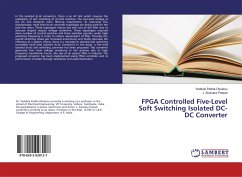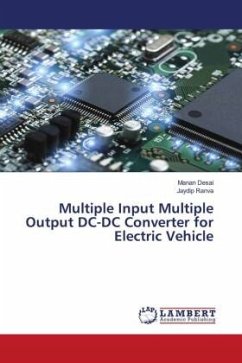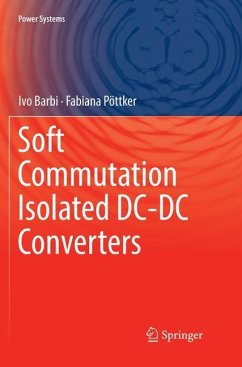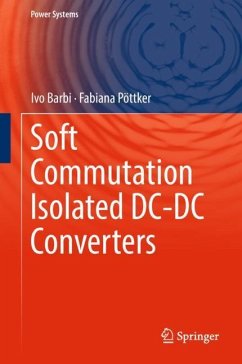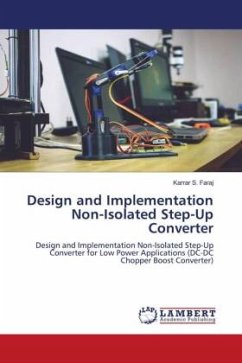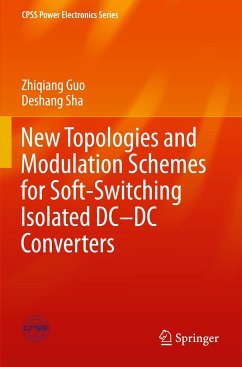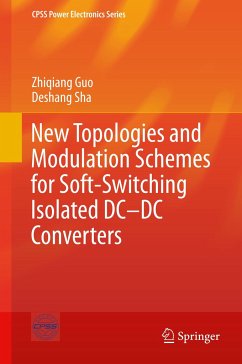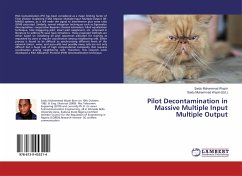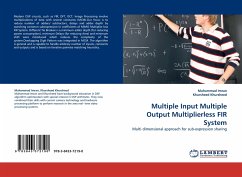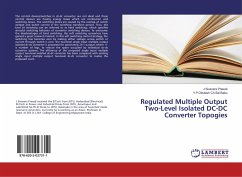
Regulated Multiple Output Two-Level Isolated DC-DC Converter Topogies
Versandkostenfrei!
Versandfertig in 6-10 Tagen
24,99 €
inkl. MwSt.

PAYBACK Punkte
12 °P sammeln!
The control devices/switches in dc-dc converter are not ideal and these control devices are having energy losses which are conduction and switching losses. The switching losses are caused by the overlap of switch voltage and switch current in the switching transition period. Thus, this kind of switching can be referred to as hard switching, which specifies stressful switching behavior of converter switching devices. To overcome the disadvantages of hard switching, the soft switching converters have gained a great research interest. In this soft switching control strategy, the switching loss be...
The control devices/switches in dc-dc converter are not ideal and these control devices are having energy losses which are conduction and switching losses. The switching losses are caused by the overlap of switch voltage and switch current in the switching transition period. Thus, this kind of switching can be referred to as hard switching, which specifies stressful switching behavior of converter switching devices. To overcome the disadvantages of hard switching, the soft switching converters have gained a great research interest. In this soft switching control strategy, the switching loss becomes zero by making either voltage across switch or current through switch is zero. the two-level single input multiple output isolated dc-dc converter is proposed for generating 2n-1 outputs where 'n' is number of legs, to reduce the space occupied by individual dc-dc converter systems. The efficiency of the proposed single input multiple output two-level isolated dc-dc converter has been compared with existing single input multiple output two-level dc-dc converter to realize the proposed work.



